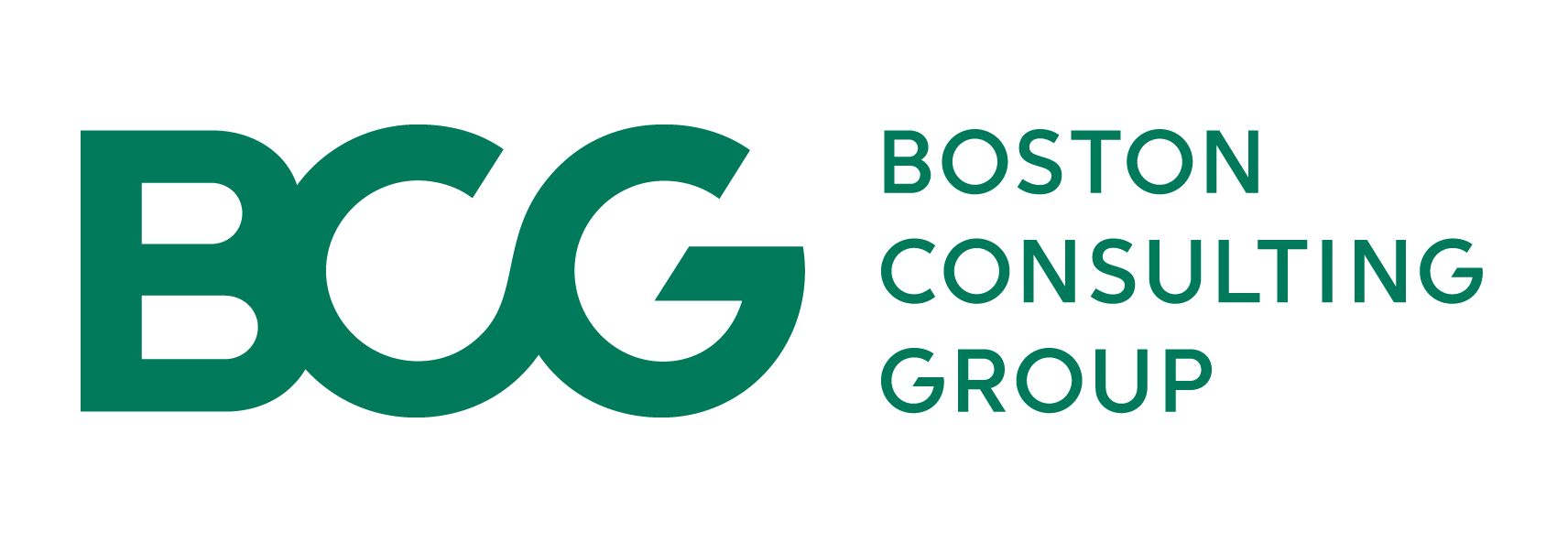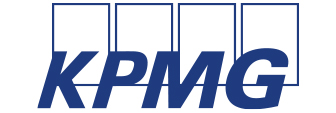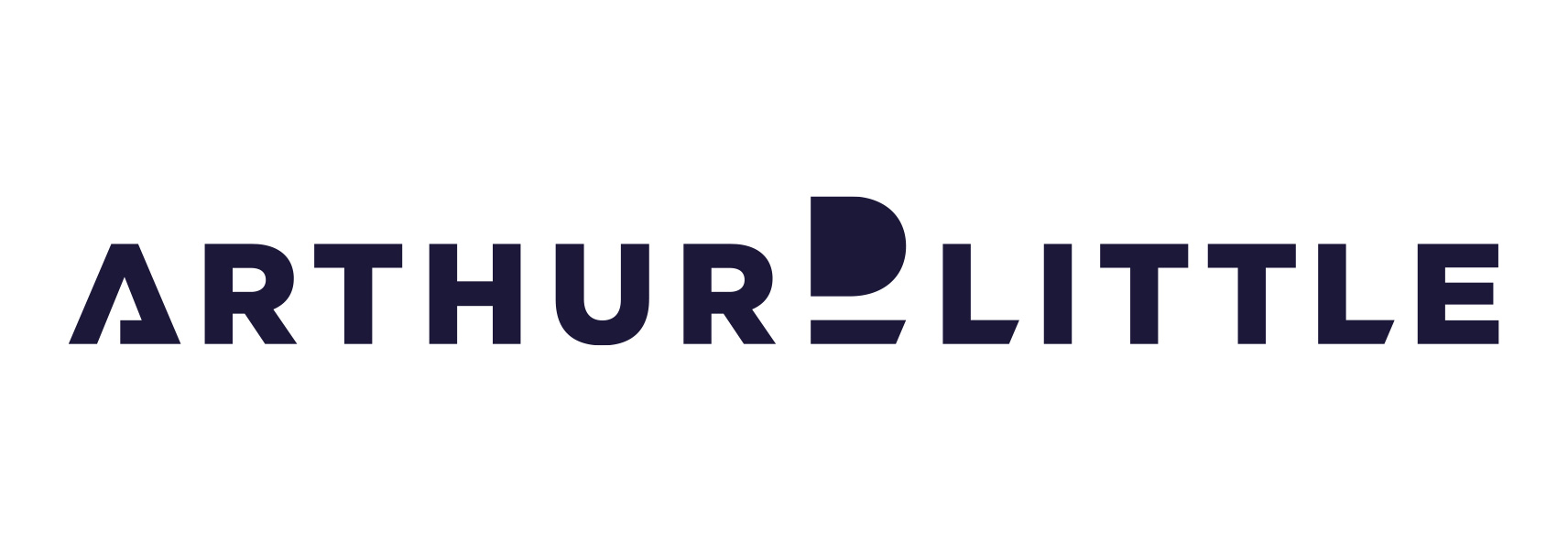Beyond The Network: Policy Measures To Position 5G As A Launchpad For The MENA Digital Economy
- 5G is not just a newer version of 4G: it is built on an entirely new proposition
- The Five Waves To 5G Use Cases are Monitoring And Analysis, Optimization, Apparatus Control, Real-Time Remote Control, and Real-Time Extended Reality
- 5G will be critical to deliver on the national socio-economic ambitions of governments
In this paper, we shed light on select regulatory frameworks and policy measures that would be critical to transition to 5G and position this critical technology as a launchpad for the digital economy.
5G is not just a newer version of 4G: it is built on an entirely new proposition – faster response enabling extended reality applications, greater capacity empowering the explosion of digital use cases and reduced latency allowing for real-time interactions delivered seamlessly across terrestrial (fixed, mobile, ad-hoc) and non-terrestrial (HAPS and Satellite) networks.
Those advancements build the foundation of a variety of digital applications such as connected farms, dynamic fleet management, smart classrooms, remote surgeries, autonomous vehicles, and more. One example is how 5G technology has the potential to transform industrial factories by enabling new levels of automation, connectivity, and efficiency with machine to machine (M2M) communication, predictive maintenance, remote monitoring and control, and collaborative robots. This creates a new paradigm: better productivity and new business models that unlock vast socio-economic benefits and drive new growth engines. Current deployments of 5G are still at a relatively nascent stage, mostly focused on mobile broadband (eMBB) and fixed wireless access (FWA), essentially providing more bandwidth and faster response times. The next wave of 5G, however, will bring a host of virtual reality experiences, from multi-duality to true high definition and real time streaming of media services. This wave will monitor and manipulate everything from business processes and hospital systems to factory inventories and autonomous vehicles.
While early indications show promising momentum, additional investments in network capabilities are needed to meet the needs of throughput, ubiquity, reliability, and latency required to unlock the full potential of 5G. As well, the technology business case still faces several constraints regarding funding the 5G roll-out and monetizing the new network and spectrum investments. As the industry continues to look for opportunities to create new value streams and to optimize infrastructure, policy makers and regulators must also play a critical role in unlocking 5G’s potential.






